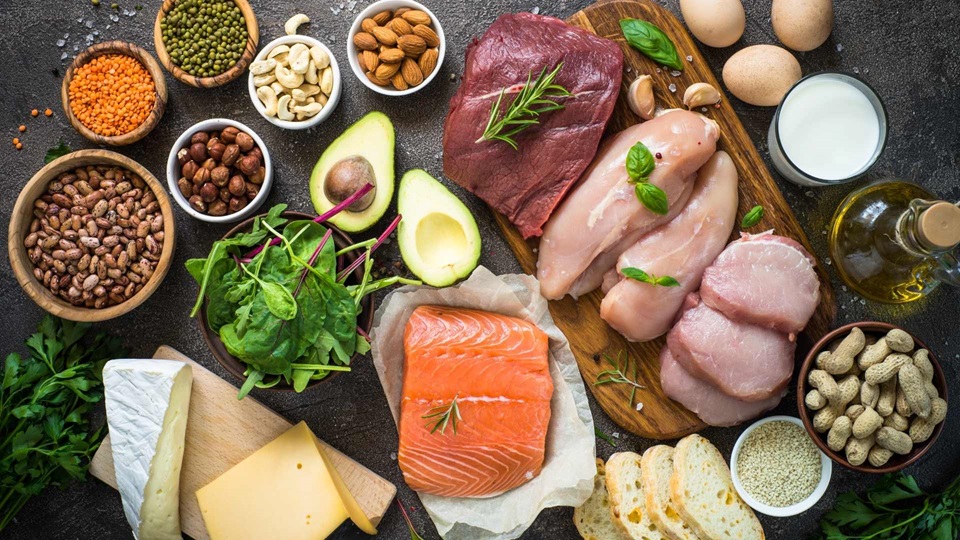If you have recently undergone bariatric surgery, it is crucial that you take steps to ensure you are getting enough protein. Not only is protein important for maintaining your muscle mass and strength, but it also plays a role in wound healing, immunity, and overall health. But why is protein especially important after bariatric surgery? Here’s a look at some of the reasons.
The Importance of Protein Following Bariatric Surgery
There are a few reasons why protein is so important for post-bariatric patients. First, bariatric surgery can cause a decrease in appetite, which can lead to unintentional weight loss. To counteract this, it is important to make sure you are consuming enough calories and protein. In addition, bariatric surgery can also cause a decrease in the absorption of nutrients. This means that even if you are eating enough calories, your body may not be able to properly absorb them. Consuming protein can help offset this issue.
Another reason protein is important after bariatric surgery is that it helps to rebuild tissue and muscle by providing the amino acids needed for growth and repair. Protein helps also to promote healing and prevent infection as well as maintain a healthy immune system. Therefore, getting enough protein is essential for post-bariatric patients.
If you are not getting enough protein, you may experience muscle loss, weakness, and fatigue. You may also be at risk for developing nutritional deficiencies. That’s why it’s so important to work with a registered dietitian to create a meal plan that includes adequate protein. If you have any questions about your diet after bariatric surgery, be sure to talk to a qualified doctor for bariatric surgery in New Mexico so that you can get the best advice for your individual needs and health goals.
How Much Protein Should You Eat After Bariatric Surgery?
The amount of protein you need will depend on a few factors, such as your weight, your activity level, and the type of bariatric surgery you had. Your doctor or dietitian will be able to give you specific recommendations for your diet. In general, however, most bariatric patients should aim to consume 60-80 grams of protein per day.
With a little effort, you can make sure you are getting the nutrients you need to heal and maintain a healthy weight. Additionally, it will also help if you know what are the best vitamins to take after bariatric surgery, as it will help to make sure you are getting all the nutrients you need to stay healthy. You must also exercise regularly and follow a healthy lifestyle to make sure you maintain your weight loss in the long term.
3 Tips to Ensure You’re Getting Enough Protein
- Eating high-protein foods:Some good options include lean meats, fish, eggs, dairy, beans, and nuts. This will help you to meet your protein needs while also getting other important nutrients.
- Protein supplements:If you find it difficult to get enough protein from food alone, you may want to consider using protein supplements. These can be in the form of powders, bars, or shakes. Just be sure to choose a protein supplement that is low in sugar and calories.
- Spreading protein throughout the day:It is important to spread your protein intake throughout the day, rather than consuming all of your protein at once. For instance, you could have a protein-rich breakfast, snack on nuts or seeds mid-morning, enjoy a chicken salad for lunch and have fish or tofu for dinner.
To Conclude
Now you know why protein is so important after bariatric surgery, and you have some tips to help you make sure you’re getting enough protein in your diet. If you have any questions about your diet, be sure to talk to your doctor or a registered dietitian. They will help you develop a plan that meets your individual needs.



